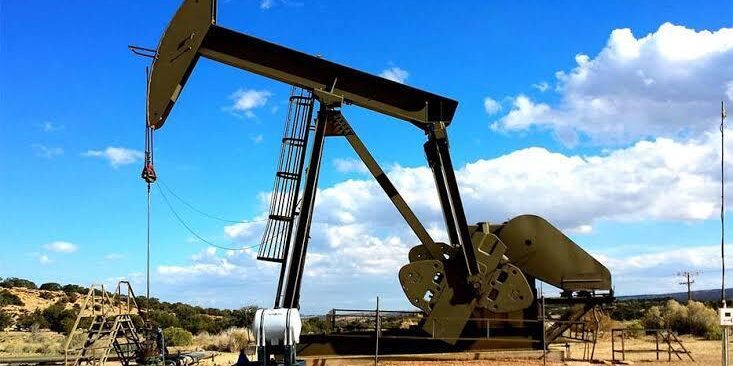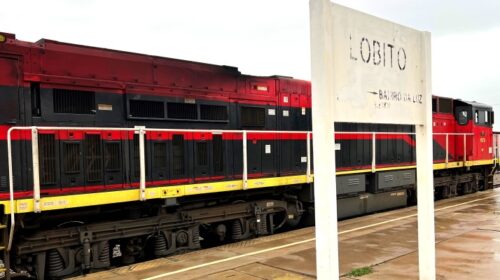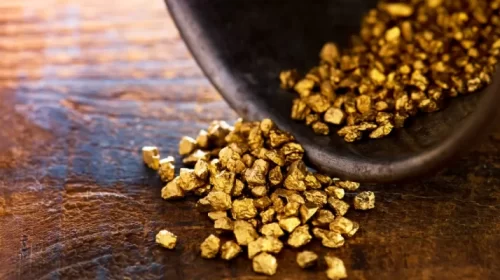Stalled Oil and Gas Projects in the DRC Raise Concerns
Two years after launching tenders for oil and gas block exploitation, the Democratic Republic of Congo (DRC) faces significant questions about the project’s effectiveness.
Despite its commitment to developing its oil and gas sectors, the country currently produces only 20,000 barrels of oil per day, ranking 70th globally, far behind neighboring Angola, South Sudan, and Congo Brazzaville. The project, announced on July 28, 2022, in Kinshasa, has yet to commence.
The initiative, led by then-Prime Minister Sama Lukonde, aimed to develop the areas surrounding the oil and gas blocks, exercising the country’s right to use its oil wealth for local development.
However, the lack of progress has left many Congolese questioning the project’s status and the reasons for the delay.
Promoted as a catalyst for the DRC’s development, the project’s slow progress casts doubt on its initial promises. The selection of blocks for the first phase was based on the best leads and prospects in different sedimentary basins, supposedly ensuring profitability for investors.
However, environmental NGOs warn that the project could have disastrous effects on biodiversity and local communities, fearing the DRC could become a new hotspot for risky oil investments.
Critics argue that every new project in the DRC faces a “curse,” with millions of dollars lost due to various issues. Since the tender launch, the DRC has accrued over $900 million in debt, attributed to weaknesses in the tender process, including potential conflicts with former block holders, non-compliance with selection criteria, and transparency issues.
For instance, in oil blocks 1 and 2 of the Albertine Graben, where permits had expired, the government agreed to pay Dan Gertler’s Ventora company $240 million.
This deal has only increased the country’s debt without tangible progress. Observers believe that major companies are unlikely to invest, leaving room for speculators.
Jimmy Munguriek, a researcher and member of the “Congo is Not for Sale” campaign, asserts that these tenders have primarily benefited individuals.
He urges the new government to reassess whether the exploitation of these blocks is still viable, given the lack of interest from potential investors over the past two years.
On the government side, officials remain optimistic about the project’s potential. Tosi Mpamu, advisor to the former Minister of Hydrocarbons, stated that the auction aimed to fund anti-poverty programs and generate much-needed economic growth.
Hydrocarbons expert Lewis Yola suggests that the new Minister of Hydrocarbons should exclude blocks that interfere with protected areas or lack attractive potential.
This would allow for in-depth studies on the remaining blocks, potentially leading to successful exploitation and reduced debt risks.
The successful development of hydrocarbons in the DRC could stabilize the country if managed with coherent governance. This includes effective regulations, transparent decision-making, environmental protection, freedom of expression, and anti-corruption measures.
While some gas and oil basins have immediate potential, others are more long-term prospects. A well-organized energy policy, including hydroelectric exploitation, could generate substantial state revenue and promote economic development.
However, the “oil windfall” will only benefit the DRC if its leaders establish the necessary conditions for good governance.
123 total views , 2 views today





